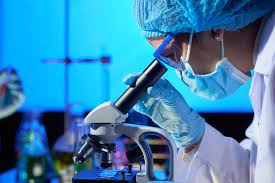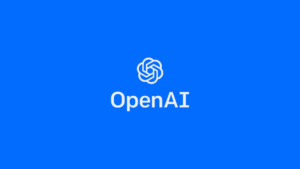AI System Detects Early Warning Signs in Blood Test Data

AI System Detects Early Warning Signs in Blood Test Data
Artificial Intelligence (AI) is revolutionizing healthcare, and one of its most promising applications is in the analysis of blood tests. AI is now being trained to spot critical warning signs in blood work, enhancing the ability of healthcare providers to diagnose conditions early and accurately.
Blood tests are among the most commonly used diagnostic tools in healthcare. They provide valuable insights into a person’s health by measuring various biomarkers and chemicals in the blood. However, interpreting these results can be complex, especially when subtle abnormalities may indicate the onset of a serious health condition. This is where AI comes in.
AI systems, particularly those using machine learning algorithms, can analyze vast amounts of data much faster and more accurately than humans. By training these systems on large datasets of blood test results, researchers are teaching AI to recognize patterns and identify early signs of diseases such as infections, diabetes, liver or kidney dysfunction, and even cancers. The AI’s ability to detect these patterns at an early stage is crucial, as it can allow for quicker interventions and better outcomes for patients.
One of the key benefits of AI in blood test analysis is its potential to reduce human error. While doctors and lab technicians are highly skilled, interpreting complex blood tests requires significant expertise, and errors can sometimes occur, particularly with subtle abnormalities. AI can serve as a second pair of eyes, catching potential issues that may have been overlooked.
Moreover, AI can streamline the diagnostic process, making it faster and more efficient. It can analyze test results almost instantly, providing healthcare providers with timely insights to guide treatment decisions. This is especially critical in emergency situations where quick, accurate results are necessary.
As AI continues to evolve, its role in healthcare is expected to grow, offering a more precise, efficient, and reliable way of detecting health conditions through blood tests. This technology holds the potential to significantly improve early diagnosis, enhance patient care, and reduce healthcare costs in the long run.





